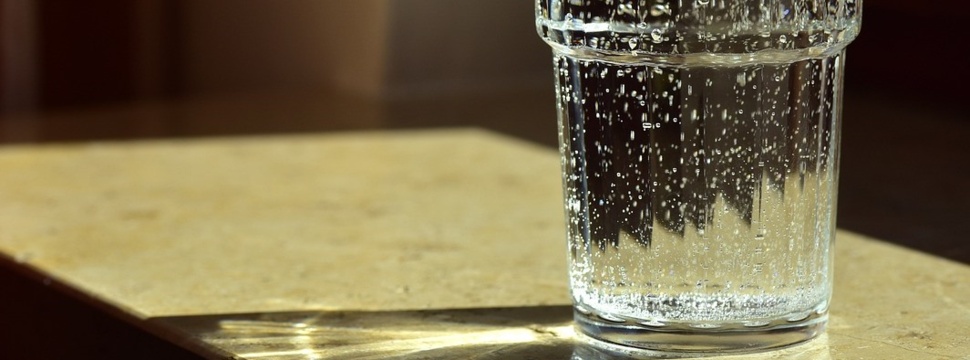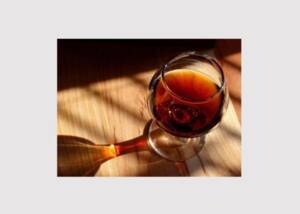Drinking in class - a curse or a blessing?
News News blog
In many German schools, drinking during lessons is prohibited or only permitted to a limited extent. But why is this actually the case? And does a drinking ban make sense? This article looks at the pros and cons of drinking in the classroom.

The reasons for a drinking ban at school
There are various reasons why schools prohibit drinking in class:
- Distraction and disruption of lessons
- Soiling and damage to furniture and materials
- Risk of water fights and splashing among pupils
- Effort for teachers to constantly keep an eye on the water bottles
In short, a general ban on drinking is intended to ensure that lessons run smoothly and without disruption. Some schools therefore only allow drinking during breaks.
The benefits of drinking in class
Sufficient fluid intake is important for concentration and performance. Studies show: Those who drink enough can focus better, think more flexibly and creatively.
Children in particular feel less thirsty than adults. They often drink too little and only notice a lack of fluids late. If the drinking bottle is within easy reach on the table, this encourages them to drink regularly. This promotes health and prevents headaches and tiredness.
The disadvantages of drinking in class
Critical voices warn that constant drinking could seriously disrupt the flow of lessons. Pupils play around with drinking bottles, accidentally spill water or provoke "splashes".
There is also a risk of spilled liquids damaging textbooks, exercise books and materials. Technical devices such as laptops or tablets are also at risk of getting wet.
Hygiene is another argument against drinking in the classroom. Open drinking bottles and cups standing around can attract germs and bacteria.
An international comparison of drinking in the classroom
In some countries, drinking in class is normal, e.g. in the USA, Canada or Australia. There, drinking bottles are standard school equipment. Teachers even encourage children to drink regularly.
In the UK and France, schools have different approaches - from strict drinking bans to water dispensers in every classroom.
Conclusion: There are good reasons for and against drinking in class Ultimately, each school has to decide for itself what makes sense. Compromises such as "drinking in moderation" or special drinking breaks can be a good middle ground. The most important thing is that children drink enough - whether in class or during breaks.










